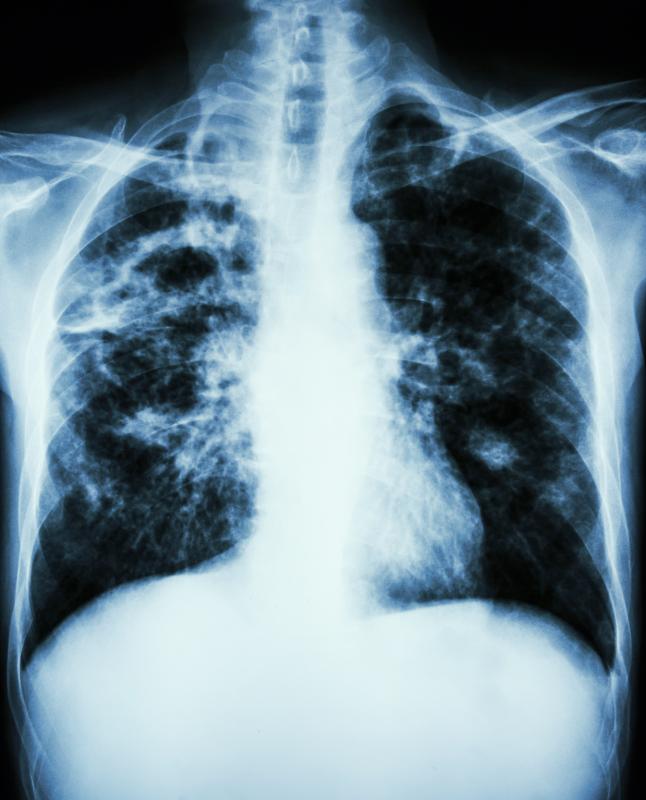
Serum levels of S100 calcium‐binding protein A4 (S100A4) appear to be a helpful biomarker in predicting disease progression or mortality in patients with idiopathic pulmonary fibrosis (IPF), suggests a recent study.
Serum S100A4 levels were detectable in 26 (27.3 percent) of 95 IPF patients but were undetectable in all healthy controls (p<0.01). Aggregation of numerous S100A4‐expressing cells around the fibroblastic foci and mature fibrotic regions were shown in immunostaining of lung tissues from IPF patients.
Of note, prognosis was significantly worse in IPF patients with higher serum S100A4 levels than those with lower serum levels (2-year cumulative survival rate, 41.7 percent vs 77.0 percent; p<0.01). Multivariate analyses also revealed that baseline serum S100A4 levels (per 10 ng/mL increase) independently correlated with higher disease progression rate (odds ratio, 1.06; p=0.01) and higher mortality (hazard ratio, 1.18; p=0.03).
“Our findings may help establish treatment strategies for IPF,” the authors said.
This study measured serum S100A4 levels in 95 consecutive IPF patients and 50 healthy controls via enzyme-linked immunosorbent assay. The authors determined S100A4 expression in lung tissues using immunohistochemistry/immunofluorescence and its association with disease progression, defined as deterioration in lung function or death. Finally, Kaplan-Meier method and Cox hazard analysis were used to assess mortality.
“IPF is a progressive interstitial lung disease with a poor prognosis,” the authors said. “S100A4 is considered as a marker of fibroblasts … but its clinical application remains to be investigated.”